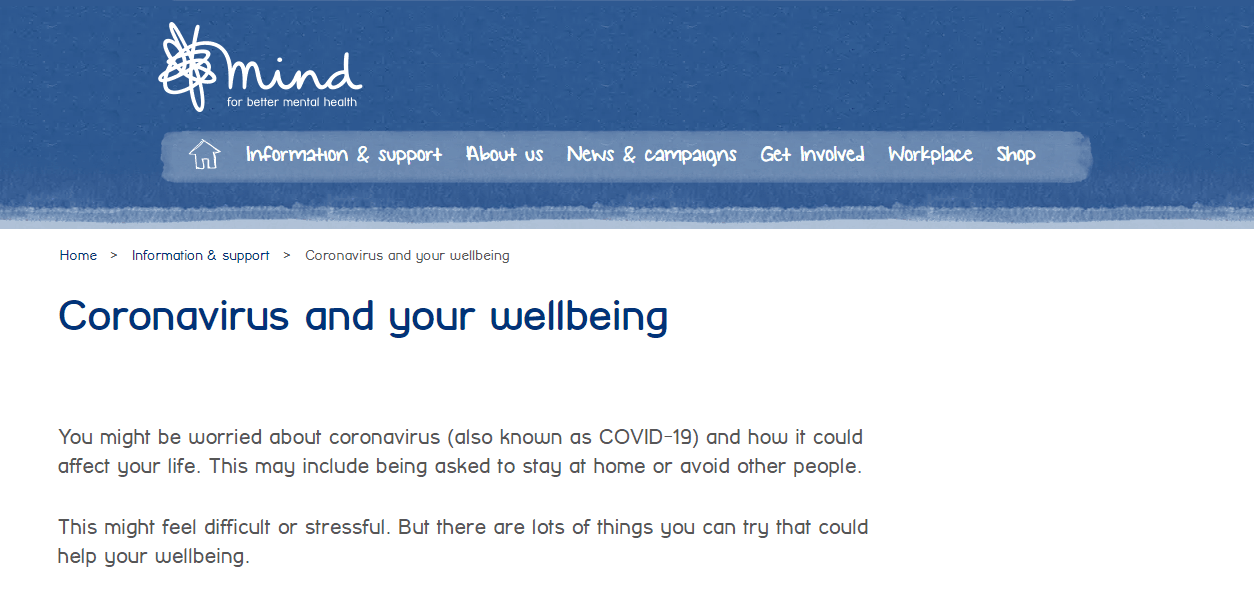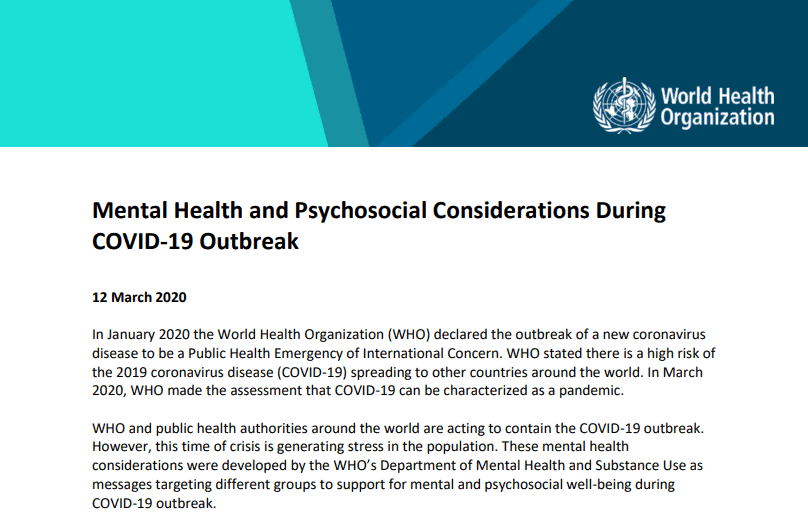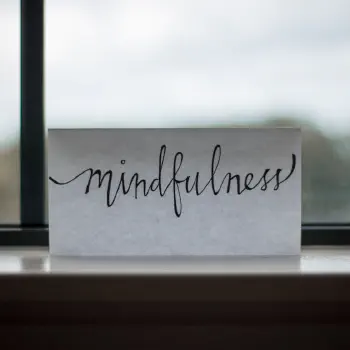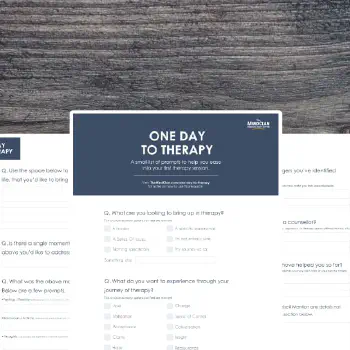With the outbreak of the novel coronavirus across the world, we are faced with real possibilities of isolation, contagion, and immense financial, social, and personal uncertainty. In response to these stressors, many of our bodies and minds are experiencing distress in the form of anxiety, panic, sadness, confusion or loneliness. Firstly, we want you to know that these feelings are okay to experience. Our distress is a natural and normal response to these conditions of uncertainty. These are hard times and none of us has experienced anything like this before. Our collective mental health is impacted and we need to acknowledge that with kindness. We are with you through this.
But along with the distress, there is the knowledge that governments, health workers, and ministries are working together globally to manage the outbreak in the best ways they know how. Coming out of this on the other side is possible and it will happen in due time. We recognize that holding on to this kind of hope right now can be challenging and take up a lot of emotional labour from us. While times may be uncertain, our response does not have to be. We can continue to show up for and take care of ourselves and our loved ones.
Here are some resources and tips you can access to care for your mental health in general during this time:

1. Mind.org.uk: A collection of resources
“Mind” is a mental health charity in UK that has put up a collection of resources for anyone experiencing distress due to the COVID-19 outbreak. Though the tips are more contextual to those living in the UK, we find a lot of value in its adaptability for audiences outside the UK as well.
What It Covers:
- Plan for staying at home or indoors
- Taking care of your mental health and well-being
- Checklist: Are you ready to stay at home?

2. WHO: Mental Health and Psychosocial Considerations During COVID-19 Outbreak
The World Health Organization (WHO) has put up their guidelines on mental health considerations we could follow during the coronavirus outbreak.
What It Covers:
- Advice to general population
- Advice for healthcare workers
- Advice for Team leaders or managers in health facility
- Advice for Care providers for children
- Advice for Older adults, care providers and people with underlying health conditions
- Advice for People in isolation
In moments like these, it’s important for us to reach out to credible resources who would make it their responsibility to update their recommendations as we get further clarity on the situation, especially in terms of governmental and healthcare guidelines. We hope the above collective of resources help you.






























